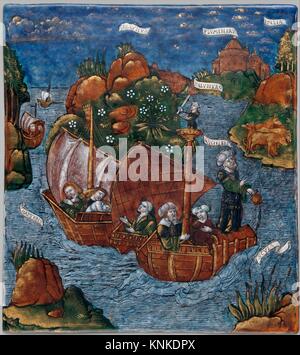
For example, he translates Aeneas’ shock at seeing Polydorus’ ghost in Book 3 as ‘There was a wonder! A terrifying portent!’, which does not seem to convey the slow creeping sense of horror which is implied by Virgil in the two spondaic lines within the Latin.įurther to this point, Ferry omits whole Latin lines, such as the description of Janus’ temple doors when Juno opens them in Book 7. Moreover, some may say he goes too far in making his translation more idiomatic. From Turnus in Book 9, Ferry' s wording of ‘fortune gives aid to the audacious’ cannot convey Turnus’ tragic deluded confidence, which Virgil encapsulates in the brief Latin phrase audentes fortuna iuvat. His long periodic sentences in Aeneas’ flattering speech to Dido also seem too formal for the initial attraction which is suggested in the original Latin likewise his use of the word ‘will’ for iuvat fails to fully convey the implied sarcasm in Aeneas’ first response to Anchises in Book 2. When Aeneas uses the archaic ‘thy’ in his despairing speech during the storm of Book 1, it sounds too formal for the raw terror in the setting. Occasionally one wonders at Ferry' s choice of individual words or word order, especially when he uses less colloquial language. Likewise, after Pallas mutilates the bodies of twins in Book 10, the emphatic positioning of ‘glorious deeds, shame and remorse’ captures Virgil' s double-edged admiration and criticism of warrior ideals. As a result, the reader is encouraged to ponder the lines more effectively than in West' s prose translation. For example, in the proem he leaves a space to isolate and emphasise ‘Can anger like this, be in immortal hearts?’ and ‘So formidable the task of founding Rome’.

This interpretation comes through in Ferry' s arrangement of words and lines. Significantly, he finishes this introduction by saying he perceives Virgil' s ‘pitying voice’. In his introduction, Ferry vows to be ‘reasonably close’ to Virgil' s Latin, explaining that he wants to prioritise the emotions over literal meaning. Indeed, he even relays the courses of the ships in the Book 5 boat race in this way.

Consequently, Ferry' s English firstly reads as more natural than Dryden' s, and secondly has more scope to capture Virgil' s variation between spondaic and dactylic lines. Richard F Thomas provides a succinct introduction to the Homeric influence, Augustan context and possible interpretations of the poem.įerry chooses to use the metre of iambic pentameter, imitating Dryden, but without the former' s heroic couplets. Notable scholars, from John Dryden to David West, challenged themselves to translate the original Latin dactylic hexameters into suitably epic English, and David Ferry is the latest to attempt this feat. In the epic, the eponymous Trojan comes to Italy, where his descendants will found the Roman race.

The Aeneid is Virgil' s final unfinished poem, composed during the reign of the emperor Augustus.


 0 kommentar(er)
0 kommentar(er)
